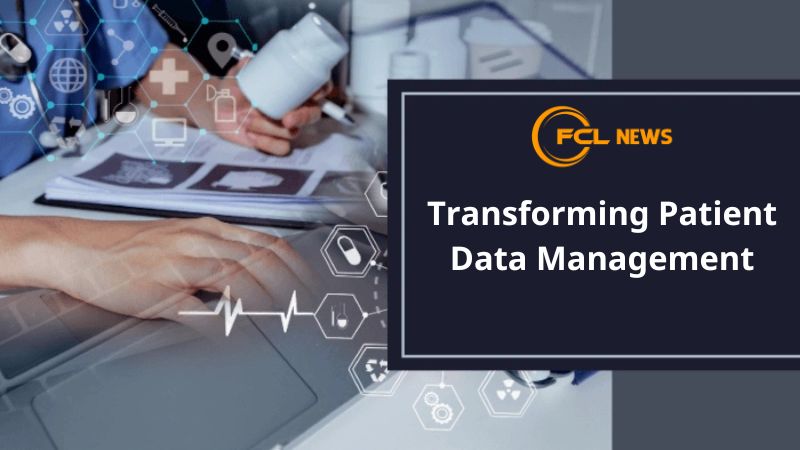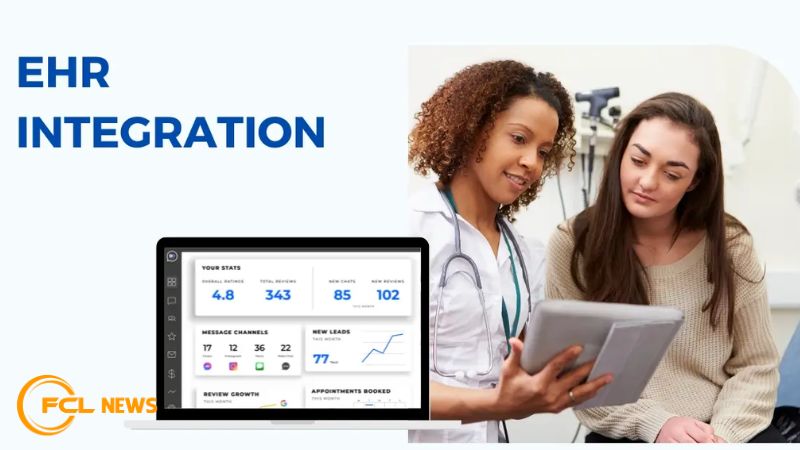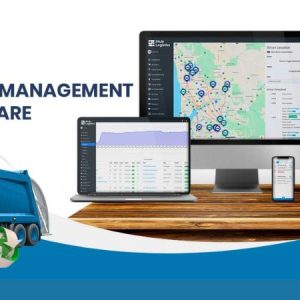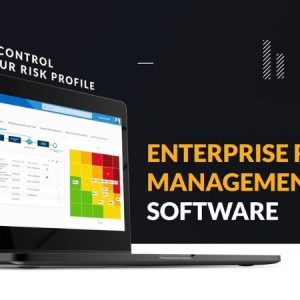In today’s rapidly evolving healthcare landscape, the efficient management of patient cases is paramount. Healthcare providers face the daunting task of coordinating care among multiple stakeholders while ensuring the delivery of high-quality and personalized treatment. In this endeavor at Fanclup.info, healthcare case management software emerges as a crucial tool, empowering organizations to streamline processes, enhance collaboration, and ultimately improve patient outcomes.
The Role of Healthcare Case Management Software
1. Transforming Patient Data Management
At the heart of effective case management lies comprehensive patient data management. Healthcare case management software serves as a centralized repository for storing and accessing essential patient information. From demographic details and medical history to treatment plans and medications, all data pertaining to a patient’s care journey is meticulously documented and readily available to authorized healthcare professionals. With the ability to quickly retrieve pertinent information, providers can make informed decisions, optimize treatment strategies, and deliver patient-centered care.

2. Facilitating Seamless Care Coordination
Effective care coordination is essential for delivering holistic and integrated healthcare services. Healthcare case management software facilitates seamless collaboration among multidisciplinary teams involved in a patient’s care. Through secure communication channels and real-time updates, providers can exchange critical information, coordinate appointments, and align treatment goals. Whether it’s consulting specialists, arranging follow-up visits, or monitoring progress, streamlined communication enhances efficiency and ensures continuity of care across various settings.
3. Harnessing Workflow Automation
In the realm of healthcare, time is of the essence. Healthcare case management software alleviates administrative burdens through workflow automation. Routine tasks such as appointment scheduling, reminders, and documentation are automated, allowing providers to focus their time and resources on delivering quality care. By eliminating manual processes and reducing paperwork, organizations can achieve operational efficiency, minimize errors, and enhance productivity. Moreover, automation ensures compliance with regulatory requirements and adherence to best practices, safeguarding patient safety and satisfaction.
4. Integrating Electronic Health Records (EHR)

Seamless integration with electronic health records (EHR) systems is a hallmark feature of modern healthcare case management software. By synchronizing patient data across platforms, providers gain a comprehensive view of a patient’s health status and treatment history. Real-time access to EHR data enables informed decision-making, prevents duplication of efforts, and enhances care coordination. Whether accessing records in the clinic, hospital, or ambulatory care setting, interoperability ensures continuity of care and facilitates smooth transitions between care providers.
5. Customizing Templates for Enhanced Documentation
Documentation is a cornerstone of effective case management, ensuring clarity, accuracy, and compliance with regulatory standards. Healthcare case management software offers customizable templates for assessments, care plans, progress notes, and other documentation needs. Providers can tailor templates to suit specific specialties, workflows, and organizational requirements, thereby standardizing documentation practices and improving information exchange. With structured templates, providers can capture relevant clinical data, track interventions, and monitor outcomes, fostering accountability and transparency in patient care.
6. Empowering Data-Driven Decision Making
In the era of value-based care, data-driven decision-making is instrumental in optimizing patient outcomes and resource utilization. Healthcare case management software provides robust analytics and reporting capabilities, offering insights into key performance metrics, patient outcomes, and trends. By analyzing data such as readmission rates, medication adherence, and utilization patterns, organizations can identify areas for improvement, implement targeted interventions, and measure the effectiveness of care delivery. Data-driven insights empower providers to make evidence-based decisions, drive continuous quality improvement, and deliver patient-centered care tailored to individual needs.
7. Ensuring HIPAA Compliance and Data Security
Ensuring the privacy and confidentiality of patient information is paramount within the healthcare sector. Healthcare case management software places a premium on security and compliance with regulatory standards, notably the Health Insurance Portability and Accountability Act (HIPAA). Through the implementation of rigorous security measures such as encryption, access controls, and audit trails, sensitive patient data is shielded from unauthorized access or breaches. By adhering to stringent data security protocols, healthcare organizations cultivate trust with patients, uphold regulatory compliance, and mitigate the potential risks associated with data breaches or privacy infringements, reinforcing their commitment to patient privacy and confidentiality.

8. Enhancing Mobile Accessibility and Patient Engagement
In an increasingly mobile-centric world, healthcare case management software offers mobile accessibility, enabling providers to access patient information and perform essential tasks anytime, anywhere. Mobile applications empower providers to respond promptly to patient inquiries, review treatment plans, and update documentation on the go, enhancing responsiveness and flexibility in care delivery. Moreover, patient engagement tools integrated into the software empower patients to actively participate in their care journey, access educational resources, and communicate with their healthcare team, fostering collaboration and shared decision-making.
Conclusion
In conclusion, healthcare case management software plays a pivotal role in optimizing patient care delivery, streamlining processes, and enhancing collaboration among healthcare providers. By leveraging advanced technologies and robust functionalities, organizations can overcome the challenges of care coordination, documentation, and data management, ultimately improving patient outcomes and satisfaction. As healthcare continues to evolve, investing in innovative case management solutions remains essential for delivering high-quality, patient-centered care in today’s dynamic healthcare landscape.




